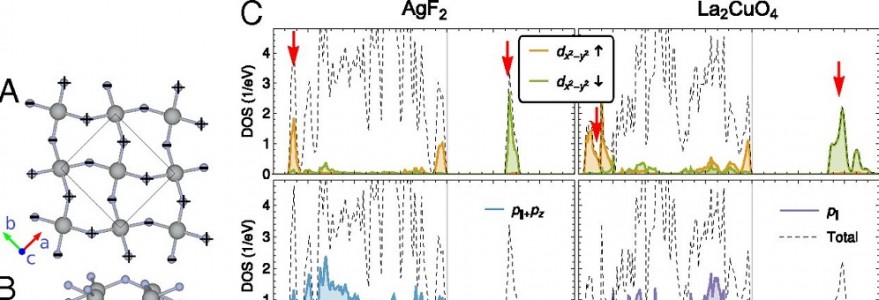On 16th January, “Proceedings of the National Academy of Sciences of the United States of America”, a prestigious American journal, published the article on new materials that can work as superconductors at ambient conditions. A team of researchers from the University of Warsaw, led by Prof. Wojciech Grochala, contributed to the article.
Superconductors are materials that conduct electricity without loss when cooled to very low temperatures and are presently used in a wide range of niche applications. Widespread use of superconductors is severely hampered by the cooling cost so since their discovery in 1911 there has been a race to find a material which works at ambient conditions. So far the record at ambient pressure is a material based on oxides of copper that need to be cooled “only” to -140 ℃.
Now, a team of researchers led by Prof. Wojciech Grochala from the University of Warsaw and an international team from Poland, United Kingdom, Slovenia, Italy, USA and Slovak Republic, have come up with a new candidate. They argue that replacing copper by silver and oxygen by fluorine materials with many similarities but potentially working at even higher temperatures may be possible. The research has been published in “Proceedings of the National Academy of Science” (PNAS).
Among the co-authors of the article there were scientists from Centre of New Technologies, Faculty of Chemistry and Faculty of Physics of University of Warsaw.
The publication called “Silver route to cuprate analogs” is available on the PNAS website.



